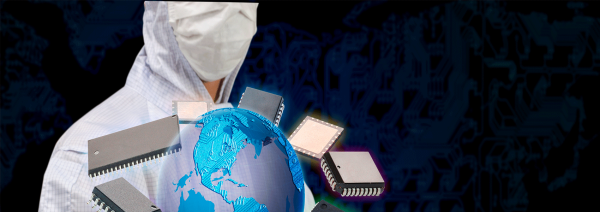|
Monday, Dec. 12 // 4–5:30 pm (ET)
Now known as one of the great villains of the 20th century, Hoover was once among the most influential—and popular—men in American politics and government. Gage examines his complex legacy and its implications for the present day.

Tuesday, Dec. 13 // 10–11:00 am (ET)
In his presentation, Benedikt Harzl will look into the evolving meaning and place of neutrality in light of international law and international relations in the transatlantic realm. Looking for the structural and systemic factors informing these differences, the talk will explore three different concepts—Austria, Belarus, the past and present situation of Finland—and will highlight the modern facets of neutrality and non-alignment, not least to discuss some possible conclusions for the case of Ukraine.

Wednesday, Dec. 14 // 10–11:00 am (ET)
Join us for this online discussion to assess the outlook for Korea’s semiconductor industry and how the Biden and the Yoon administrations could work together in high-tech industries for building resilient supply chains, strengthening their global competitiveness, and fostering more effective cooperation through the enhancement of public-private partnerships.

Wednesday, Dec. 14 // 1:30–3:00 pm (ET)
In recognition of the upcoming bicentennial anniversary of diplomatic relations between the United States and Mexico, join the Mexico Institute for a discussion with former US and Mexican ambassadors to discuss their experiences in the practice of diplomacy and their applicability for the future of the bilateral relationship.

Thursday, Dec. 15 // 10–11:00 am (ET)
What are the prospects for bilateral cooperation at the national level, and what is the outlook for private-public cooperation in developing the green transportation industry? How much should US trade and tax legislation favor US industries over those of allies? This panel will focus on economic competitiveness and cooperation in the context of the US-ROK alliance.

|





